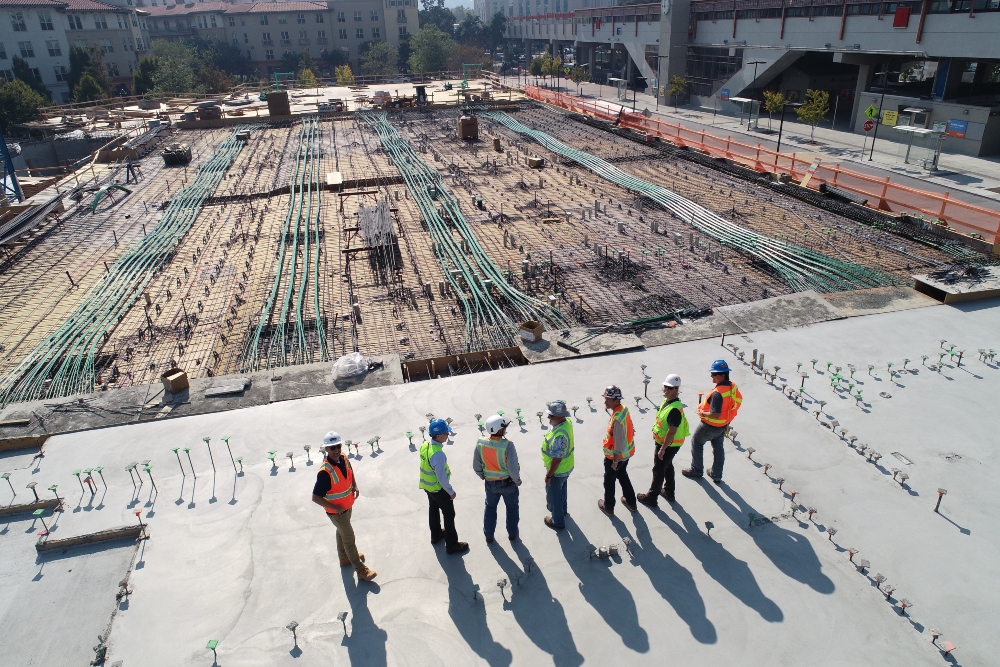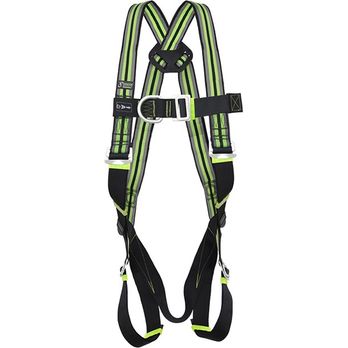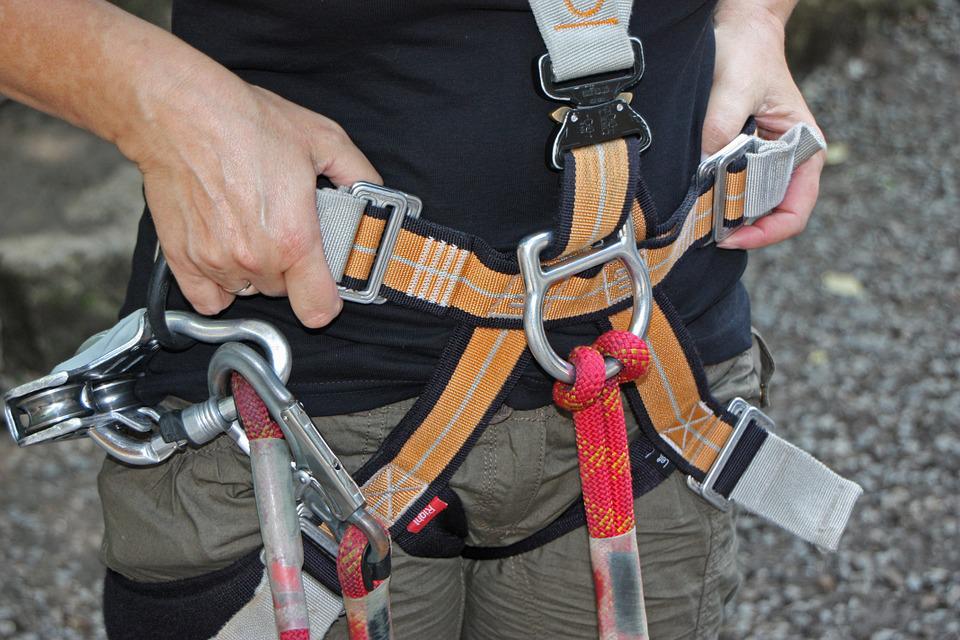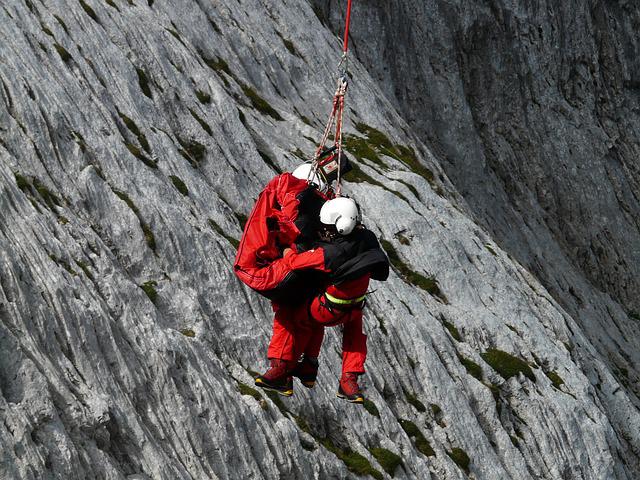
If you frequently work at height, then you will understand the undeniable importance of wearing a hard hat. Due to the high-risk activity involved in construction work, accidents can happen when you least expect it. To keep yourself and the people around you safe, you do need to wear a hard hat when working at height as a precautionary measure.
More...
There are so many different types of safety harness - trust us, we know! - that it can often be difficult to determine what sort you need.
To help you out, we've put together this comprehensive guide to explain the difference between two of the most commonly-used harness types: fall arrest harnesses and work positioning harnesses.
What is a fall arrest harness?
A fall arrest harness is an essential part of a fall arrest system. The harness is connected to a secure anchor point via a fall arrest lanyard, and if you fall, this setup stops you before you hit the ground.

Fall arrest harnesses are essentially the last line of defence for workers who might be exposed to fall hazards. Arresting the fall should be considered a last resort - if possible, it's better to prevent the fall from occurring in the first place (e.g. by using a fall restraint system). But this isn't always practical or viable.
More...

If you're on the plus side, there's no shame in knowing that you may need more support than others if you're working from height. Working from height remains to be one of the biggest causes of fatalities and major injuries - but thankfully, there are many ways to ensure that you feel supported, secure and comfortable whilst working from height as a larger person.
More...

Suspension trauma is the human body's response to being vertically suspended in mid-air for a prolonged period of time. It is also known as ‘harness-induced pathology’ or ‘orthostatic shock while suspended’.
If no action is taken, prolonged suspension can lead to loss of consciousness, at which point there is a very real danger of death. Suspension trauma is a very real and serious threat to those who are often suspended, whether for work or as part of a hobby like rock climbing or abseiling.
More...

